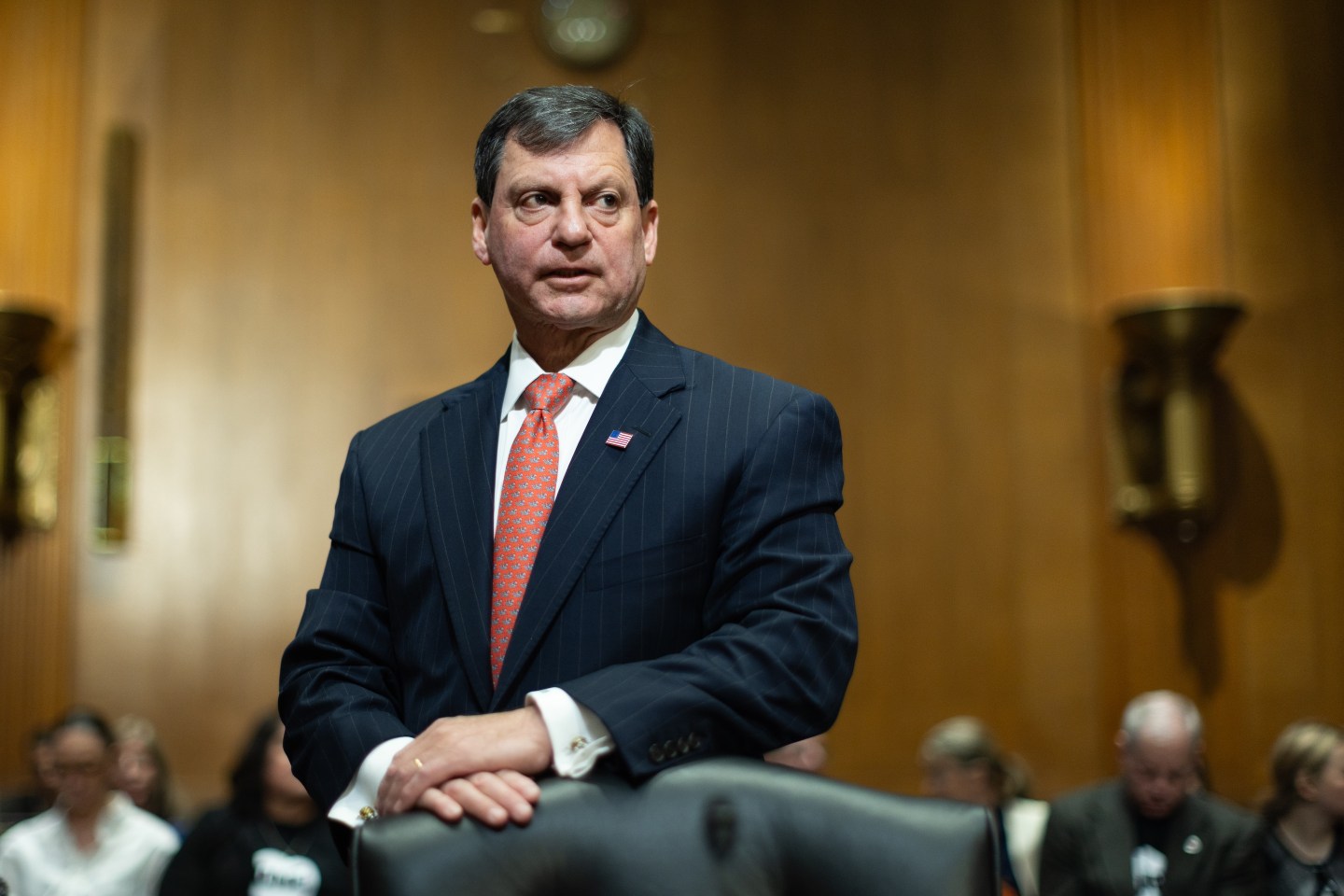Good morning, Broadsheet readers! A bill was introduced that would protect in vitro fertilization from possible state restrictions, dozens of British women in finance described post-#MeToo diversity efforts as weak and ineffective, and Aileen Lee reflects on 10 years of the unicorn. Have a relaxing weekend!
– One in a billion. A little more than a decade ago, Cowboy Ventures founder Aileen Lee wrote a blog post. It was called “Welcome to the Unicorn Club,” and it gave a name to a certain startup milestone: reaching a billion-dollar valuation.
Since then, “unicorn” has become a widely-used term throughout the tech world—although Lee says she never expected it to catch on like it did. To mark the 10-year anniversary of her addition to the Silicon Valley lexicon, Lee and Cowboy Ventures chief of staff Allegra Simon published an updated analysis of the unicorn.
In late 2013, Lee’s initial analysis found only 39 unicorns out of thousands of startups. Of that small batch, 60% were consumer-facing, none had a female CEO, and only 5% had a female cofounder.
Today, there are 532 unicorns—a 1200% increase. Nearly 80% of these billion-dollar companies are now enterprise businesses, 5% have a female CEO, and 14% have a female cofounder.
That’s “not as much improvement on gender as we wanted,” Lee says, but she points out that unicorn founders have diversified in other ways. Ten years ago, two-thirds of them had gone to a “top 10” college or university; today, only 20% have. A decade ago, 10% of founders were considered “non-technical;” that share is 40% now.

And when you look at the most successful unicorns, women have a strong showing. Among unicorns that have gone public—just 3% of the total pool—there’s greater gender diversity. Fourteen percent of companies in what Lee calls the “elite public unicorn club” have a female CEO and 21% have a female cofounder.
While some high-profile unicorns of a decade ago have suffered a disappointing fate, from fire sales to public listings flops to smaller private valuations, overall the value of the original cohort held up. Eighty percent of the original unicorns are worth more today than they were in 2013, the analysis found.
“I wish I had been prescient enough 10 years ago to say, ‘Imagine, 10 years from now, there are going to be 14 times more,’” Lee says of the unicorn today. And she wishes she could have predicted how founder criteria would change: “It will no longer be important for you to have been a white male computer science guy from Stanford.”
Read her full analysis here.
Emma Hinchliffe
emma.hinchliffe@fortune.com
@_emmahinchliffe
The Broadsheet is Fortune’s newsletter for and about the world’s most powerful women. Today’s edition was curated by Joseph Abrams. Subscribe here.
ALSO IN THE HEADLINES
- On trial. President Donald Trump is on trial for the second time over his defamation of E. Jean Carroll, who said he raped her in the 1990s. A civil jury already found Trump liable for sexual abuse and defamation in his statements about Carroll. This time, the trial will decide how much he owes in damages, up to $10 million. CNN
- Fertility freedom. A new bill introduced Thursday would cement national access to in vitro fertilization, regardless of potentially restrictive state legislation. The bill, introduced by Sen. Tammy Duckworth (D–Ill.) and Rep. Susan Wild (D–Pa.) would make sure that state abortion bans don’t infringe on the practice. Forbes
- Downfall of Diddy. A new story dives into the fall of Sean "Diddy" Combs' empire, from the settlement of his racism lawsuit against liquor giant Diageo to the multiple sexual abuse allegations against the music mogul (which he denies). Bloomberg
- Money, misogyny, MPs. Transcripts from a meeting between dozens of British women working in finance and members of Parliament were released this week, including testimony that described as commonplace misogynistic attitudes and environments despite diversity efforts, which women said were "tokenistic" and weak. The meeting was part of a larger investigation by the British Parliament into sexism in the finance sector. Bloomberg
- Deepfate. New Jersey high schooler Francesca Mani joined Rep. Joe Morelle (D–N.Y.) this week to advocate for a bill that would criminalize sexually explicit non-consensual deepfakes. The proposed Preventing Deepfakes of Intimate Images Act would make sharing such content a federal crime and allow victims like Mani to sue those who created and distributed it. NBC News
MOVERS AND SHAKERS: Gabby Giffords's organization Giffords named Emma Brown its new executive director. Slalom appointed Amy Loftus to chief customer officer and Kristine Santa-Coloma Rohls to chief people officer. S&P Global named Christina Twomey as head of communications.
ON MY RADAR
Brands find a new way to reach many consumers: Older women Washington Post
Kaitlan Collins is in her prime Elle
A death at Walmart The New Republic
PARTING WORDS
"I'm trying to imagine it as if I'm sitting in a living room with friends and people who don’t know anything about gymnastics, and I'm kind of just walking them through it and explaining how things go."
—Olympic gymnast Aly Raisman on becoming an on-air gymnastics analyst for ESPN
This is the web version of The Broadsheet, a daily newsletter for and about the world’s most powerful women. Sign up to get it delivered free to your inbox.













